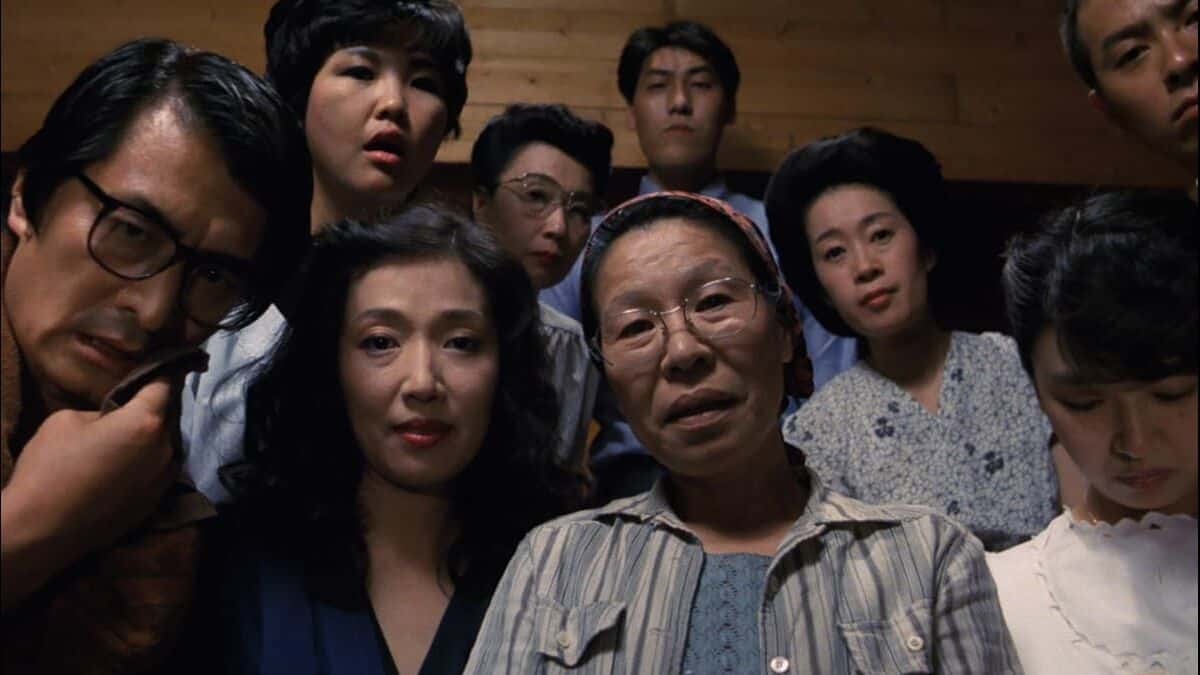Sayaka Murata spent eighteen years working part-time in convenience stores before the success of this particular book afforded her to leave and write full-time. “Convenience Store Woman” has sold more than a million copies in Japan only, and has been translated into 23 languages, while Murata has won all of Japan's major literary prizes and been named Vogue Woman of the Year. And all that by using her experiences working at a supermarket in order to make a number of social comments regarding modern Japanese society and the concept of identity.
Buy This Title
The protagonist of the book is 36-old-year Keiko, an individual, who, by modern (Japanese) standards is a loser. She has been working the same part-time job in a convenience store for 18 years, she has no boyfriend or prospects to “acquire” one, and very few friends, as all her life, even including what she eats and when she sleeps, revolve around her work. Furthermore, as the narrative turns to her childhood, we learn that Keiko is probably in the spectrum, since she has exhibited a distinct lack of empathy and even logic since her school days, an attitude that has both her parents and her sister worried for her, at least until she got the job at the convenience store. Keiko, however, has somewhat acknowledged the fact, and since she realizes that her genuine reactions and behaviour would just make people consider her a “weirdo”, she has taken upon her always trying to imitate those of the people around her or simply following the instructions dictated by her store training.
Her attitude has helped to kind of fit in, particularly in the convenience store setting, although her friends and family are still worried for both her professional and romantic prospects. However, when she meets Shiraha, a new employee in the supermarket who seems to care for nothing except getting a wife (attitude that creates many problems for him) something seems to change in Keiko, although not in the way anyone would expect.
The book starts a bit slow, as the procedures of the supermarket are not exactly intriguing, but as the reader understands Keiko more, the narrative picks up, while Shiraha's appearance provides the beginning of the climax. In this setting, Murata makes a number of comments starting with Japanese work ethics, and continuing with societal expectations and the concept of being “normal”, and through Shiraha's frequent blubbering, how society has not changed since the Stone Age. The latter's theory is highlighted in a monologue where he states that, “Strong men who bring home a good catch have women flocking around them, and they marry the prettiest girls in the village. Men who don't join in the hunt, or who are too weak to be of any use even if they try, are despised.” And the way the story progresses, and actually, if we all take a look at modern society, he is not far away from the truth, also regarding the way those who stray away from what is perceived as normal and useful are eventually “kicked out”.
The need for homogeneity is another central aspect of the story, as Keiko has repeatedly faced behaviors that border on racist due to her aforementioned lacks. Furthermore, the fact that her agreement with Shiraha actually brings the desired result regarding her friends and family's behaviour, despite its actual premises, is another eloquent comment on the way society works, where assumption seems to be king.
Another interesting point of the novel, which will actually apply mostly to people who have worked in a supermarket (I am one of those btw) is the presentation of the “types” one usually finds in these kind of working environments. Keiko is the “one who has been here forever”, but the reader can also find the “lazy and detached” in the face of Shiraha, “the ambitious one who is just here for a while”, “the bossy”, “the gossip”, “the artist” and many others, which also include client types. Furthermore, and through the fact that the Japanese employees are gradually substituted by immigrants who cannot even speak the language properly is another comment, both regarding the circumstances in the particular line of work and the way the system works in Japan.
Sayaka Murata uses simple language and the flow of the text is quite good, even in the passages that are not so interesting. The fact that she manages to make so many comments in just 163 pages (in the Granta edition) is a testament to how economical the book is, as it definitely does not overextend its welcome.
“Convenience Store Woman” is a title that may alienate Western readers due to its complete lack of action and its rather specific basis, but the social comments Murata makes do have a global appeal and her writing is good enough to deem the novel as quite interesting.
















